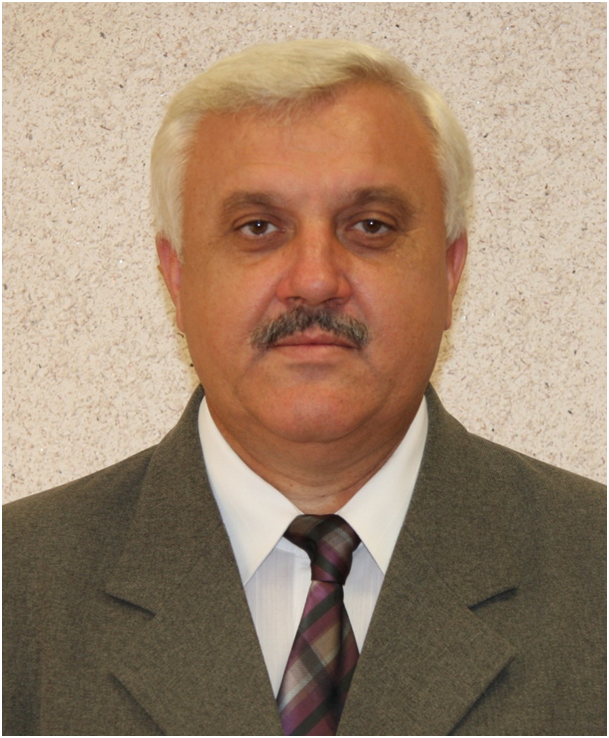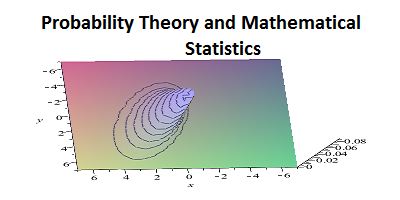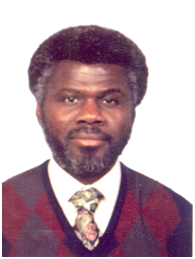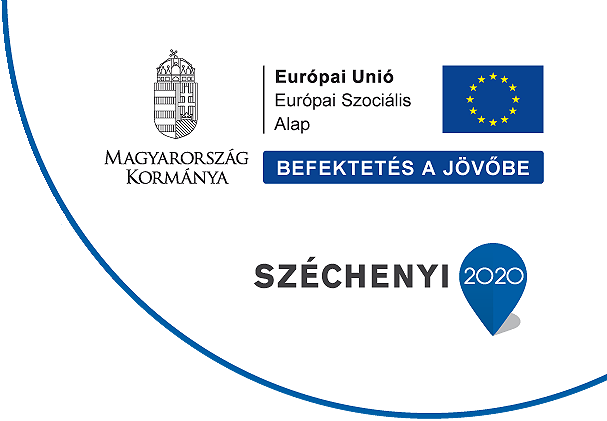
Dr.Fegyverneki Sándor
Qualification: applied mathematician and english-hungarian translator, KLTE, 1984. Current employment:University of Miskolc, Department of Applied Mathematics. Scientific degree: PhD, mathematics and computer science (probability theory and mathematical statistics), 2001. Teaching skills: probability theory, mathematical statistics, information theory, numerical methods, optimization, programming theory.



